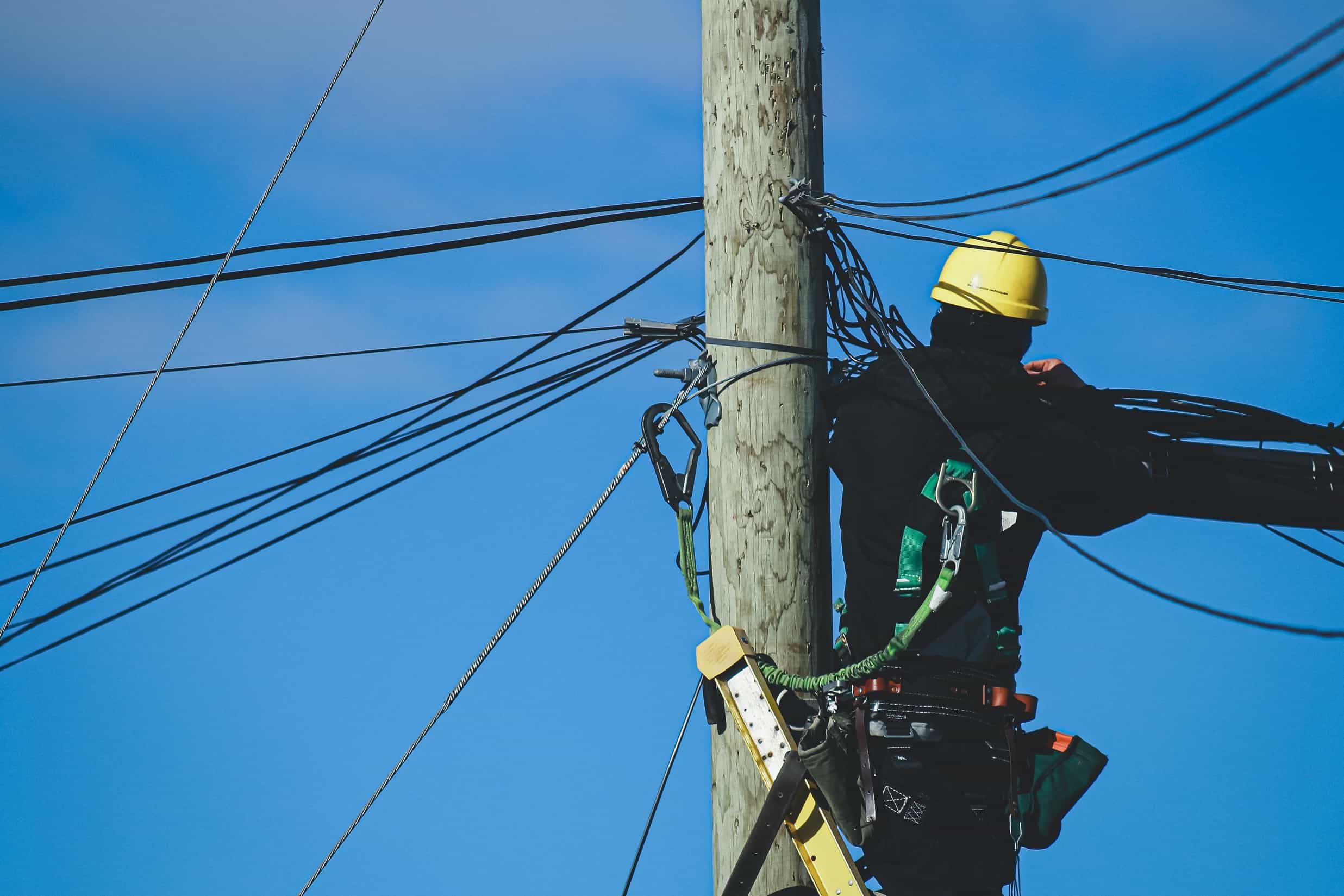In 2021, massive swathes of the United States experienced prolonged blackouts as an unusually powerful cold front overloaded powerlines. This caused massive structural damage and inconvenienced hundreds of thousands of people who were already struggling with the effects of the pandemic. As extreme weather events become increasingly common, experts have predicted some states, such as Texas, are more at risk of prolonged blackouts than ever.
Learn how to prepare well for a prolonged blackout, both before it happens and how you can ensure you make it through one safely.
Before the Blackout
How successfully you manage to survive a blackout hinges mostly on your preparation beforehand. Even if you lived in an area that only experienced a blackout for a day or two, you would do well to anticipate such an eventuality. Meticulous preparation should be done weeks, if not months, prior to stormy or snowy seasons.
To avoid getting caught without adequate supplies or equipment, below are a few tips you should consider.
- Get a Generator
Electricity is vital to modern living, especially if you must work through the blackout or if you are dependent on it to keep your supplies fresh. The best solution to this is to purchase your own diesel or gasoline powered generator. This can provide you with energy for essential areas such as the refrigerator, emergency lighting and a few sockets for charging devices. If you can’t buy one, you can find a rented energy generator. However, you should secure these generators at least a few days prior to when you are likely to use it to avoid missing out.
- Stock Up on Fuel
Having a fireplace or a powerful generator will be meaningless if you don’t have a large stockpile of fuel. You may think a few dozen logs piled beside your house is enough, but it won’t even warm your home for a full week if a blackout persists that long. You should stock and properly store gasoline and logs for a few weeks, properly following regulations to avoid spills and fires. If you don’t have access to fresh lumber, false lumber alternatives like Duraflame are available but expensive.
- Power Banks
If you have a lot of mobile devices or have a lot of people in your home who use such devices, you may want to invest in a handful of heavy-duty power banks. Smartphones are now so vital because they provide communication, information and even help with rescue operations. Simply letting your phone die due to battery loss is no longer an option, especially if the blackout was caused by a blizzard or similar weather event. Power banks can help you contact emergency services, find aid and secure supplies by keeping your phone charged and ready to use.
- Prepare to Hunker Down
Finally, you should stockpile necessary supplies and equipment prior to the expected window of blackouts. Such supplies are reflected by members of the household. If you have babies, a two-week supply of diapers and baby formula is a wise move. If you live with an older adult, secure a week’s worth or more of their medications to avoid venturing out into the dark of a blackout. Keep a toolbox with essentials such as screwdrivers, duct tape and a crescent wrench can all come in handy during an emergency.
- Unplug
When the blackout actually hits, immediately unplug all devices and heavy appliances. This will protect them and your home’s circuitry from energy surges and electrical disturbances. If you don’t unplug them, you run the risk of overloading your home’s electrical wiring and the appliances themselves. You can protect your home by installing surge capacitors and similar preventative measures.
- Use Non-Flammable Light
Unless you have absolutely no choice, candles and similar open flame sources of illumination can be dangerous during a blackout. The darkness can make it easy to drop or knock over flames and the lack of electricity makes contacting emergency services difficult to say the least. You should first use devices like hurricane lamps, extra large glowsticks and LED flashlights to provide some light to avoid fires. If you must use combustible sources of light, always make sure to keep an eye on them. Lanterns with covers are the best since they protect the fire from wind and from igniting the surroundings.
Blackouts are becoming more common but it doesn’t mean that you have to be helpless during them. Preparing effectively weeks beforehand gives you an advantage. You also help social and civil services by not relying on their help, so they can provide aid to others. So think smart and prepare as much as you can for any coming darkness.

